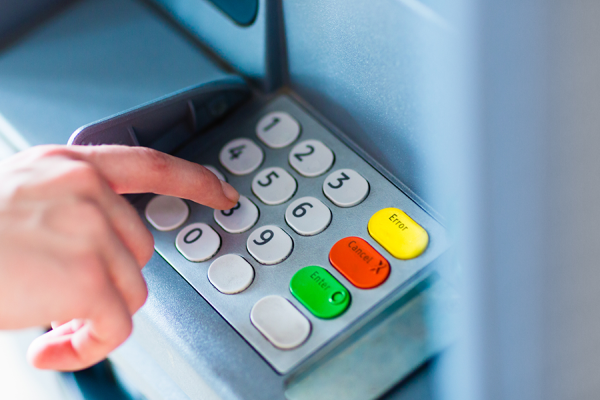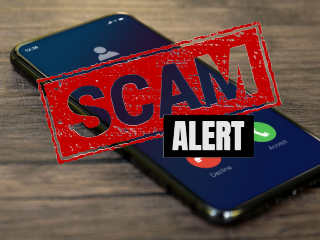
Blog
06.27.2025
Skimming Scam Alert
Skimming occurs when devices illegally installed on or inside ATMs, point-of-sale (POS) terminals, or fuel pumps capture card data and record cardholders’ PIN entries. Criminals use the data to create fake payment cards and then make unauthorized purchases or steal from victims’ accounts.
Fuel Pump Skimming
Fuel pump skimmers are usually attached to the internal wiring of the machine and aren’t visible to the customer. The skimming devices store data to be downloaded or wirelessly transferred later.
POS and ATM Skimming
In these scams, ATM skimmer devices are inserted in the card reader or otherwise installed within the terminal. However, some skimmer devices may fit over the terminal’s card reader or be situated along exposed cables at freestanding ATMs. POS skimming devices, such as those capturing EBT and Debit Card data, are generally designed as overlays to the POS terminal and have wireless transmission capabilities. These may be present in any market, convenience store, or retailer.
Protect Yourself
- Inspect ATMs, POS terminals, and other card readers before using. Look for anything loose, crooked, damaged, or scratched. Don’t use any card reader if you notice anything unusual.
- Pull at the edges of the keypad before entering your PIN. Then, cover the keypad as fully as possible when you enter your PIN to prevent cameras from recording your entry. Keep in mind that a pinhole camera may be present anywhere on or around the terminal.
- If possible, use ATMs in a well-lit, indoor location., These may still be compromised, but are less vulnerable targets.
- Be especially alert for skimming devices in tourist areas, since these are popular targets.
- Routinely monitor your credit card, bank, and EBT or other benefits accounts to promptly identify any unauthorized transactions. If possible, set email or text-message alerts to notify you of card or account transactions.
- Contact your financial institution immediately if the ATM doesn’t return your card after you end or cancel a transaction. This may suggest the presence of a foreign device in the card reader.
- If you receive a call, text, or email asking for card information, you should separately: Contact the relevant state benefits agency to verify the authenticity of the message(s).
- If you receive a call, text message, or email asking for your PIN, never provide it. State benefits agencies won’t request cardholder PINs. They’ll use other means to authenticate your account.
- Always use a strong PIN. Avoid using PINs that may be easily guessed, such as strings of the same or consecutive numbers.
- If you suspect your EBT card was compromised in this type of scam: Immediately contact your state benefits agency or card issuer.
- Promptly change your PIN if any funds remain in your EBT account.
- Look into whether your account or EBT mobile application will allow you to temporarily block or freeze transactions on the account.



